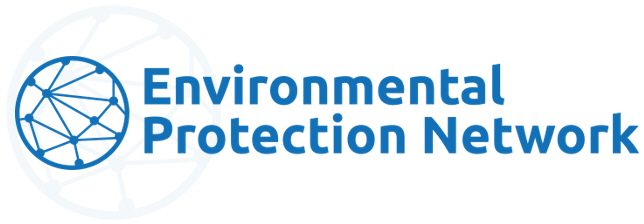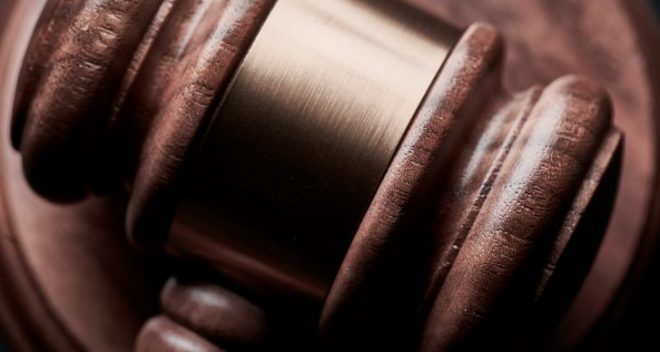Please share widely, especially with organizations who have federal funding! And please sign up to receive these updates in your inbox every 2 weeks or so.
On July 1st we hosted a special legal briefing for prime grantees on the Class Action Lawsuit filed on June 25 suing the Trump administration for unlawful termination of the EPA’s Section 138 Environmental and Climate Justice Grant Program. A special thanks to the over 200 attendees who joined us live; to the legal teams of Earthjustice, Southern Environmental Law Center, Public Rights Project, and Lawyers for Good Government (L4GG); and to those who tried to join but couldn’t.
We will be providing more updates this Wednesday, July 9, 12:30-2pm ET. If you are not already signed up for our twice monthly webinars, please register ASAP to attend and then check your email a few hours later to find the link. If you run into technical issues, please email kathy.pope@environmentalprotectionnetwork.org.
In addition, here are some action items from the July 1st call and some updates.
Key Action Items:
- If you haven’t already created a profile with L4GG, please do it now via their intake form. All EPA EJ prime grantees and Community Change Grant statutory partners should fill out this form even if you don’t need pro bono legal assistance. This is the best way to get tailored updates and suggestions.
- If you are not authorized to complete the intake form, please email L4GG’s Fund Protection Clinic via FPC@L4GG.org.
- Do not close out or begin the termination process, and reach out to L4GG if you are facing your 120-day deadline to submit the required closeout documentation.
- If you are in a situation where you are concerned about the 120-day deadline, please use L4GG’s intake form or email to get language you can use to refuse to close out.
- If you voluntarily comply with closing out, you are unlikely to receive relief through this class action lawsuit.
- If you are in the formal dispute process currently, don’t pull out of that; stay there for now. We will follow up once we have more information, which should be soon.
- If you are past the 30-day window and have not entered into a dispute, please fill out L4GG’s intake form or email FPC@L4GG.org.
- Use this comms guide to communicate with your stakeholders if you are not a named plaintiff. If you are a named plaintiff, please coordinate with your legal team on any communications.
Background Information and Status Updates:
- The Clean Air Act Section 138 Grantee Class Action Complaint was filed on June 25 in the federal court in the District of Columbia.
- A motion to certify this class was filed on June 27. The class is all entities that have received awards under the Environmental and Climate Justice Grant Program that have been terminated after January 2025. This includes primary awardees of Community Change Grants and their statutory partners, Environmental Justice Collaborative Problem-Solving, some Environmental Justice Government-to-Government, and the Thriving Communities Technical Assistance Centers and Grantmakers, and other statutory partners that are not carved out (see below). Also certain state entities, such as universities, may be covered. If you have a state affiliation, contact L4GG for further clarification. Carved out of the class are:
- Plaintiffs in parallel litigation such as The Sustainability Institute v. Trump and Green & Healthy Homes Initiative, Inc. v. EPA.
- State Government-to-Government grantees
- Subawardees who were not part of the application and approved by the EPA. If this lawsuit is successful, subawardees will still receive relief when their primes receive their grant funding again, assuming their prime wants to start the project again.
- A motion for preliminary injunction was also filed on June 27. It requests urgent relief in the form of restarting the grant program, enjoining the EPA from terminating the Environmental and Climate Justice Grant Program, and requiring EPA to provide adequate staffing and administrative resources to operate the grant program. If successful, the preliminary injunction would provide relief to the class immediately, even before a final decision is made in the case. The litigators are working on setting a schedule with the court and government attorneys for the preliminary injunction briefing.
- The federal court in DC is moving quickly with these types of cases. The Supreme Court case Trump v. CASA should not negatively affect the case.
- The Conservation Law Foundation is preparing an amicus brief that documents the impact these terminations have on subrecipients. They are done collecting declarations—thank you to everyone who volunteered on short notice.
- The first hearing has already been scheduled for August 5* in which the judge will likely ask clarifying questions in order to make decisions on the motions for preliminary injunction and class certification. We are hopeful that written orders making decisions on whether the class can move forward and on granting the preliminary injunction will follow shortly thereafter.
- * It was originally scheduled for July 23, but was changed so we updated this post.

